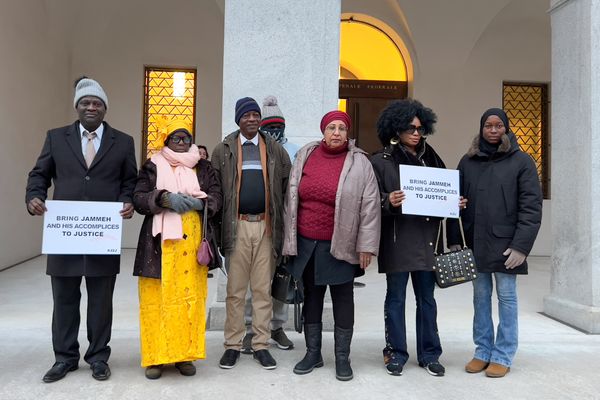
The past month in the Middle East has been a cascading series of weeks where events have compressed “decades into weeks” (as the popular misquote has it). And they’ve been weeks where the news judgments of traditional media, coupled with the siloed polarisation of social media algorithms, have meant we’re seeing and hearing a lot more, but learning a lot less.
Apart from the increasing horrors out of Gaza, and the echoing torment of the October 7 Hamas attacks in southern Israel and its continuing hostage crisis, we need to get our heads around the big interrelated stories that are reshaping the region: there’s the war inside Gaza, and where it’s heading; the largely unreported (in most of Australian media at least) settler violence in the West Bank; the Israeli government weaponising populist anger to crack down on internal critics and its Palestinian minority; and the fundamental reshaping of Israeli politics with the collapse of the suffocating Benjamin Netanyahu “conflict management” strategy, which tempted Israel to take time out of history.
Then there’s the much harder-to-report story of what Palestinians think and want (beyond surviving), not least because of Hamas’ grip on Gaza. And that’s before we talk about the conflict (and the broader regional conflicts in Syria, Lebanon and Yemen) through the lens of the climate crisis.
Traditional media look at each of these stories as just so many far-too-hot stove tops: touch any one of them and you’ll get burnt. Particularly in broadcast, news media has retreated to the safety of bang-bang reporting of the violence of war, often in a context-free way — or at least in a context that goes back little further than October 7.
The risk of being burnt showed up late last week when ABC ombudsman Fiona Cameron released her reports into 240 complaints about four news segments (three of them interviews on 7.30). Most of the complaints were that the reports were anti-Palestinian or platformed Israeli propaganda, but a significant minority were the other way around. Cameron found no breach of ABC standards in any of the programs complained of.
In commercial media, the caution reflects the pathology of an audience-pandering business model that has traditional media stuck in an ageing demographic, one shaped by the memories of news of the 1950s and ’60s culminating in the wars of 1967 and 1973 and the terrorism at the Munich Olympics in 1972.
A recent US poll found support for military assistance to Israel is strongly divided by age and voting intention, suggesting younger audiences are shaped by their own, later news memories from the 1980s invasion of Lebanon, the Palestinian resistance of the first intifada and the repeat interventions into Gaza.
Traditional media voices that have traded off the paywalled subscriber boom-let of the past decade have suddenly found themselves at peak subscriptions, where the only way to keep going is to peddle ever harder — where “harder” means giving the audience you already have more and more of what they want and just about nothing that might scare them off or encourage them to look elsewhere.
Social media, meanwhile, takes its audience to the same place — algorithmically. In the US, for example, the age divide on attitudes to Israel is reigniting one of the great social panics of our age: those Chinese communists are brainwashing our kids with fake news on TikTok! The data indicates that the platform is just reinforcing the silos people have already opted into, while a review of the content suggests TikTok is delivering less news (true or false) than it is the same shock-horror content as traditional media, with influencer feelings layered over the top.
Here’s another under-reported story: the killings and jailing of journalists. According to the Committee for the Protection of Journalists, 40 journalists have been confirmed killed since October 7, and another three are missing. Thirteen journalists in the West Bank have been arrested.
Journalists are pushing back. About 200 ABC journalists joined an “emotional and at times heated discussion” last week over its coverage. While the corporation’s critics were eager to call out the discussion as that most heinous of journalistic crimes, “activism”, it was a deep discussion about the sorts of journalistic ethics and practice that will give us the journalism we need at a time like this: the careful use of language, transparent sources and sourcing, much-needed context and depth, and history over memory.






